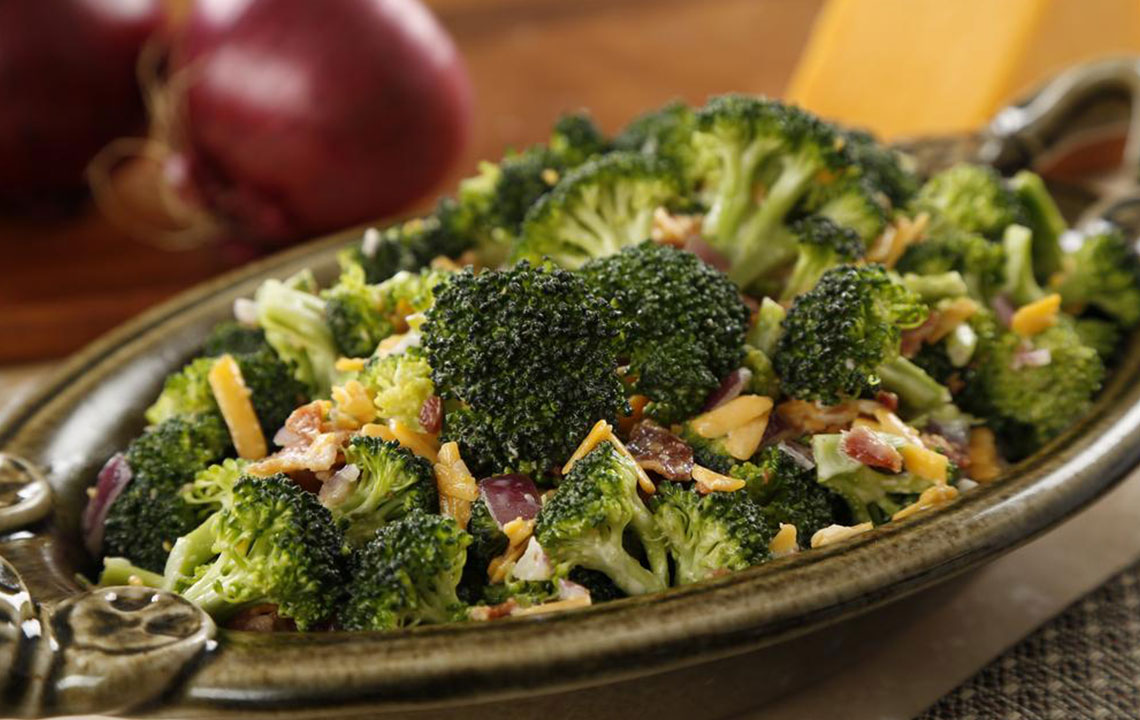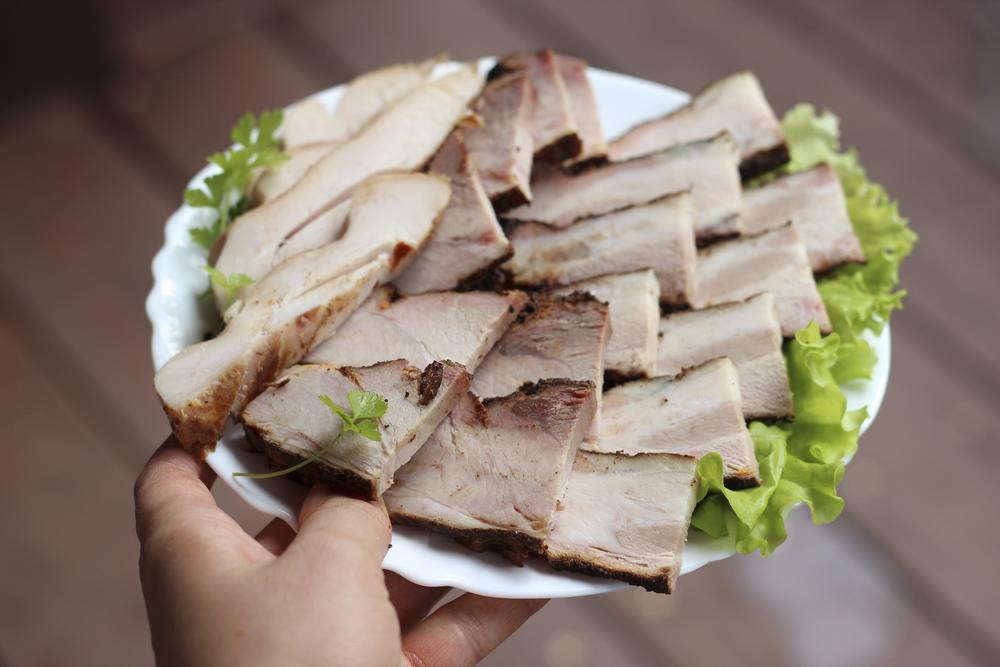Comprehensive Dietary Guidelines for Effective Management of IBS Symptoms
This detailed guide offers effective dietary strategies for managing IBS symptoms, emphasizing personalized nutrition, key food choices, and lifestyle modifications. Learn how foods like papaya, oats, and low-FODMAP fruits and vegetables can promote gut health, prevent flare-ups, and improve digestion. Tailored advice helps IBS sufferers enjoy meals without discomfort, supporting better quality of life through informed dietary decisions. Consult healthcare professionals for personalized management plans to suit your unique needs.

Essential Dietary Approaches to Prevent and Alleviate IBS Flare-Ups
Irritable Bowel Syndrome (IBS) is a common and often challenging gastrointestinal disorder that affects millions of people worldwide. Characterized by a range of uncomfortable symptoms such as persistent stomach pain, bloating, mucous in stool, constipation, and alternating episodes of diarrhea, managing this condition requires a careful and tailored approach to diet and lifestyle. One of the most effective strategies for controlling symptoms is through dietary modifications, which can significantly improve quality of life for those affected.
This comprehensive guide explores dietary strategies proven to help prevent IBS flare-ups, reduce discomfort, and promote overall digestive health. From incorporating high-fiber foods to adopting low FODMAP diets, we'll discuss how specific foods can help regulate bowel movements and mitigate symptoms. Understanding your individual triggers and making informed food choices can empower you to enjoy meals without the worry of digestive distress.
Including IBS-friendly foods in your daily diet is essential. Here are some foods highly beneficial for managing symptoms effectively:
Papaya
Known for its digestive enzymes, especially papain, papaya is a low FODMAP fruit that can aid digestion and prevent bloating. Its enzymatic properties help break down proteins more efficiently, easing the workload on your digestive system. Regular consumption of papaya has been linked to improved bowel movements and reduced abdominal discomfort, making it an excellent addition to an IBS-friendly diet.
Beetroot
Beetroot is rich in dietary fiber, providing around 4.6 grams per two medium-sized raw beets, which helps promote regularity and prevent constipation. Its natural nutrients support gut health, but it's essential to consume it in moderation, as excessive intake may cause diarrhea or bloating for sensitive individuals.
Oats
Oats are a great source of soluble fiber, which forms a gel-like substance in the gut, adding bulk to stool and facilitating smooth bowel movements. Choosing plain, unflavored oats ensures minimal FODMAP content, making them suitable for those with IBS. Incorporating oats into breakfast or snacks provides sustained energy and digestive comfort.
Fruits
Fruits can be tricky for IBS sufferers due to their natural sugars, primarily fructose. Selecting low-sugar and low-FODMAP options such as bananas, blueberries, cranberries, grapes, oranges, kiwis, and strawberries can offer essential vitamins and antioxidants without aggravating symptoms. High-fructose fruits like apples and pears should be avoided or limited to prevent discomfort.
Vegetables
Incorporate fiber-rich vegetables like green beans, eggplant, sweet potatoes, carrots, and spinach to support digestive health. These vegetables are gentle on the gut and provide essential nutrients. Conversely, cruciferous vegetables such as broccoli, cauliflower, and cabbage are known triggers for some IBS patients and should be consumed cautiously or avoided. Preparing vegetables by roasting with herbs enhances flavor and digestibility.
Baked Potato Chips
Healthy snack options, such as baked potato chips, can add variety to your diet. You can experiment by baking other vegetables—including kale, carrots, and zucchini—to create nutritious, gut-friendly alternatives. These snacks are simple, tasty, and contribute to a balanced diet.
Plant-Based Milk
Since traditional dairy products contain lactose, which many IBS sufferers find difficult to digest, opting for lactose-free or plant-based milk options is recommended. Almond milk, coconut milk, or oat milk are excellent alternatives that are easier on the digestive system and can help reduce gas, bloating, and abdominal pain, especially if lactose intolerance is a concern.
Understanding that dietary management of IBS is highly individual, it is crucial to work with healthcare professionals to develop a personalized plan. Identifying foods that trigger symptoms and substituting with suitable alternatives can significantly enhance your comfort, reduce flare-ups, and improve your overall quality of life. Regular consultation with a dietitian or healthcare provider ensures that your dietary choices are safe, balanced, and effective in managing this chronic condition.





